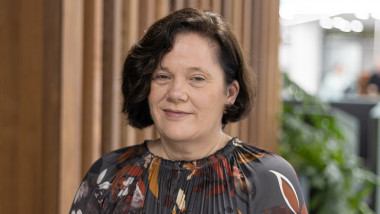
|
Janine Becker | Director - Finance and Business ServicesRegional councils play a key role in a creating connected and inclusive communities that celebrate diversity, participation and understanding. |
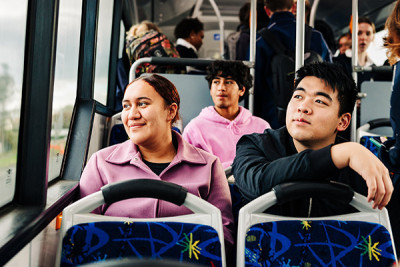
Public transport ensures everyone can access education, employment, recreation, health and the other services they need.
One of our jobs is to support communities to be healthy, self-sustaining, vibrant and resilient. Where people are socially connected, have access to educational and economic opportunities, it’s safe to raise our families, our environment is being looked after and we’re resilient enough to bounce back from natural disasters.
Our people are as diverse as the region we live in. Our population is ageing, but we’ve also got growing numbers of young Māori and Pasifika people. Social division, disconnection from community and a growing mistrust in information are ongoing issues and, economically, many of us are still feeling the pinch even though New Zealand is technically out of recession.
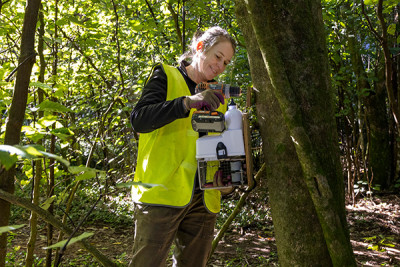
We enable volunteer groups to take their own action to improve biodiversity in their own communities.
We need to work together to build trust and understanding, and counter inequities where we can. This means we need to understand our communities better and ensure everyone can access education, employment, recreation, health and the other services they need.
Public transport is one way we do this, with about 4 million passenger trips a year. Being able to catch public transport removes significant barriers for isolated communities, and it eases congestion by getting people out of cars. You can jump on the Te Huia train service to Auckland and not worry about traffic jams or parking. We’re also helping to get people out of cars by supporting cycling lanes and walking paths.
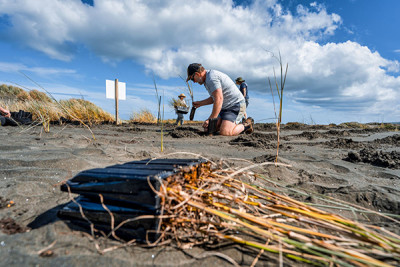
We support Coastcare groups with dune restoration planting.
What we do needs to be affordable for our communities. Be of value and add value. For a lot of our communities, it’s tough out there. Our long term planning processes are important for determining the council’s priorities; the key projects that will be delivered and the cost of these. These are the projects where we consult with the community to seek their feedback, asking them the question: “Is this the type of investment you want this council to be making?”
The feedback we get is key to the decisions that the council makes. For example, after consultation on our long term plan last year, we raised our natural heritage rate from $5.80 to $15 per property per annum. This was higher than our preferred option, but we did it because submitters expressed the importance they place on the protection and restoration of our region’s biodiversity by community groups and landowners, which is funded through this rate.
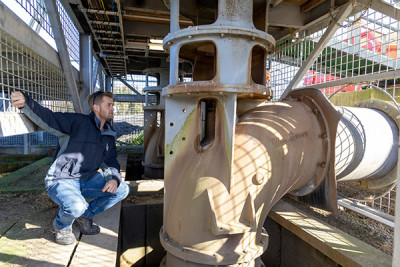
Our flood protection assets provide resilience to communities and landowners against flooding.
We need to ensure we’re maximising opportunities for partnerships like these wherever possible. We need to be enabling communities to take their own action, creating the spaces they want to live and raise their families in.
Another way we do this is by supporting grassroots community transport service providers with our Waikato Community Transport grant fund, which was set up a couple of years ago. These providers are generally volunteer groups who rely on donations and community goodwill to help disadvantaged or disconnected residents access healthcare, education and social opportunities in their communities.
We also support river care and Coastcare groups and landowners with riparian fencing and planting. On behalf of local councils, we provide funding to volunteer emergency services, and we support young people to learn about caring for the environment through the Waikato Enviroschools programme and Kura Waitī ki Kura Waitā river and moana schools programme.
We play a part in people’s safety on roads, including our Ruben the Road Safety Bear programme that teaches young children the basic skills, and on the water our Maritime Services team makes sure recreational boaties, including jet skiers and paddlers, know and follow our regional maritime safety rules.
Community resilience, I believe, is one of the biggest challenges that we now face.
Improving community resilience means we’re looking at changing the way we have historically provided some services. What happens if flood protection assets become unaffordable to maintain? What is the impact to the land and services that are protected by these assets – for example, productive farmland, the main trunk rail line, our state highways and even schools. What is the impact to our communities living in low-lying coastal areas susceptible to coastal inundation? How can we ensure better environmental outcomes with the assets that we do manage?
Some of these issues we’re working on with the territorial authorities in our region – understanding the long-term challenges facing our communities and developing targeted community adaptation plans in response. We’re already working with territorial authorities on adaptation plans for Thames-Coromandel shoreline communities, the Hauraki Plains, Port Waikato and lower Waikato River catchment.
Understanding the complexity of what we do and what we’re trying to achieve can be challenging for our communities. A single-issue focus doesn’t work when faced with the complexity that council works with – a more holistic view of the challenges faced by our communities and the role that council can play in responding to those is key. There are some hard trade-offs that need to be reached but, in the end, making the Waikato the best it can be lies in the hands of our communities, and so we need them to be engaged.
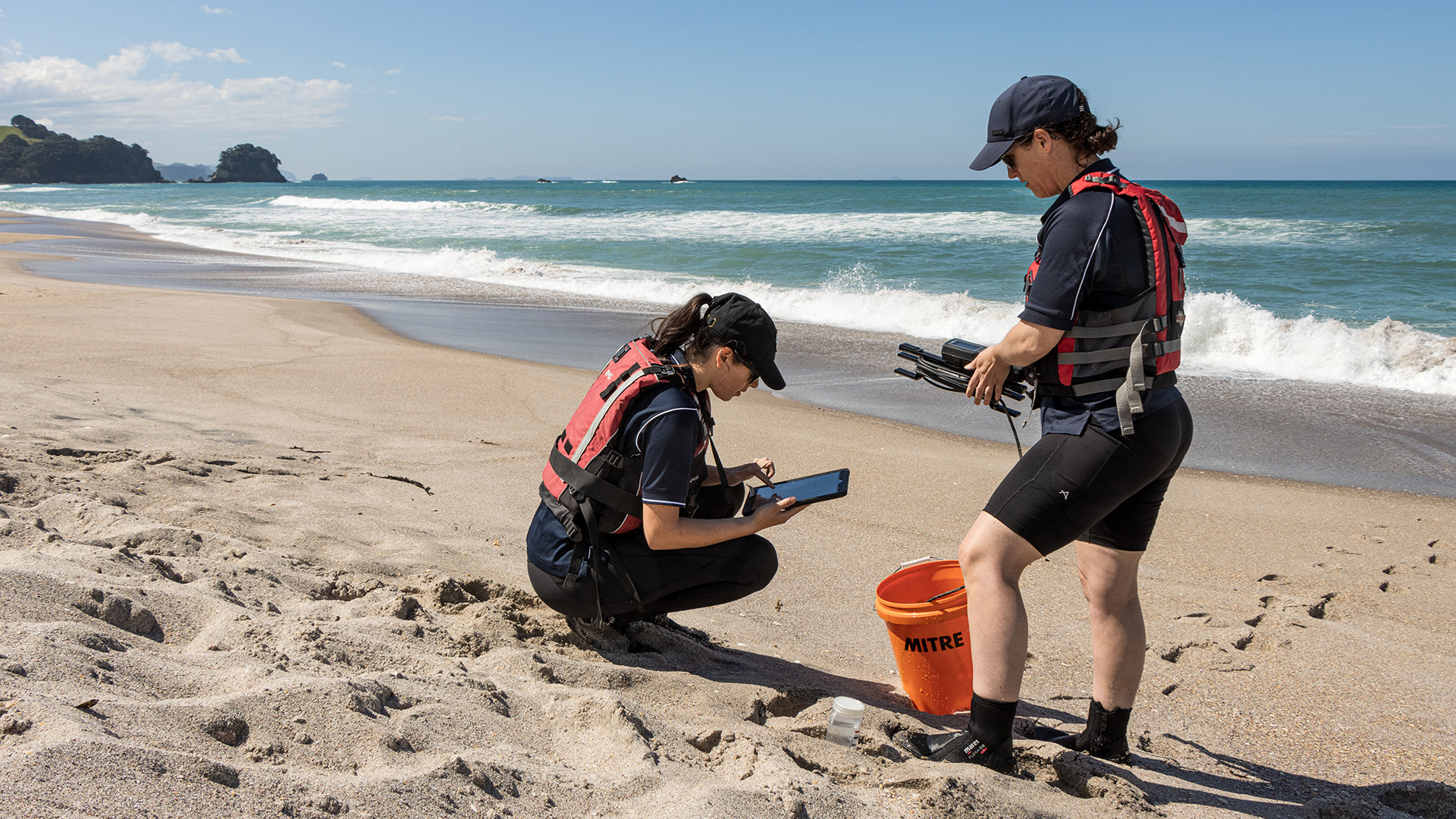
What we do
Improving water quality, enhancing the health of our coastal and marine ecosystems, protecting and restoring our unique native plants and animals and the ecosystems they live in, keeping people safe on our roads and waterways as well as from floods and other hazards, and providing passenger transport services.
We do all this, and more.
Learn more about our mahi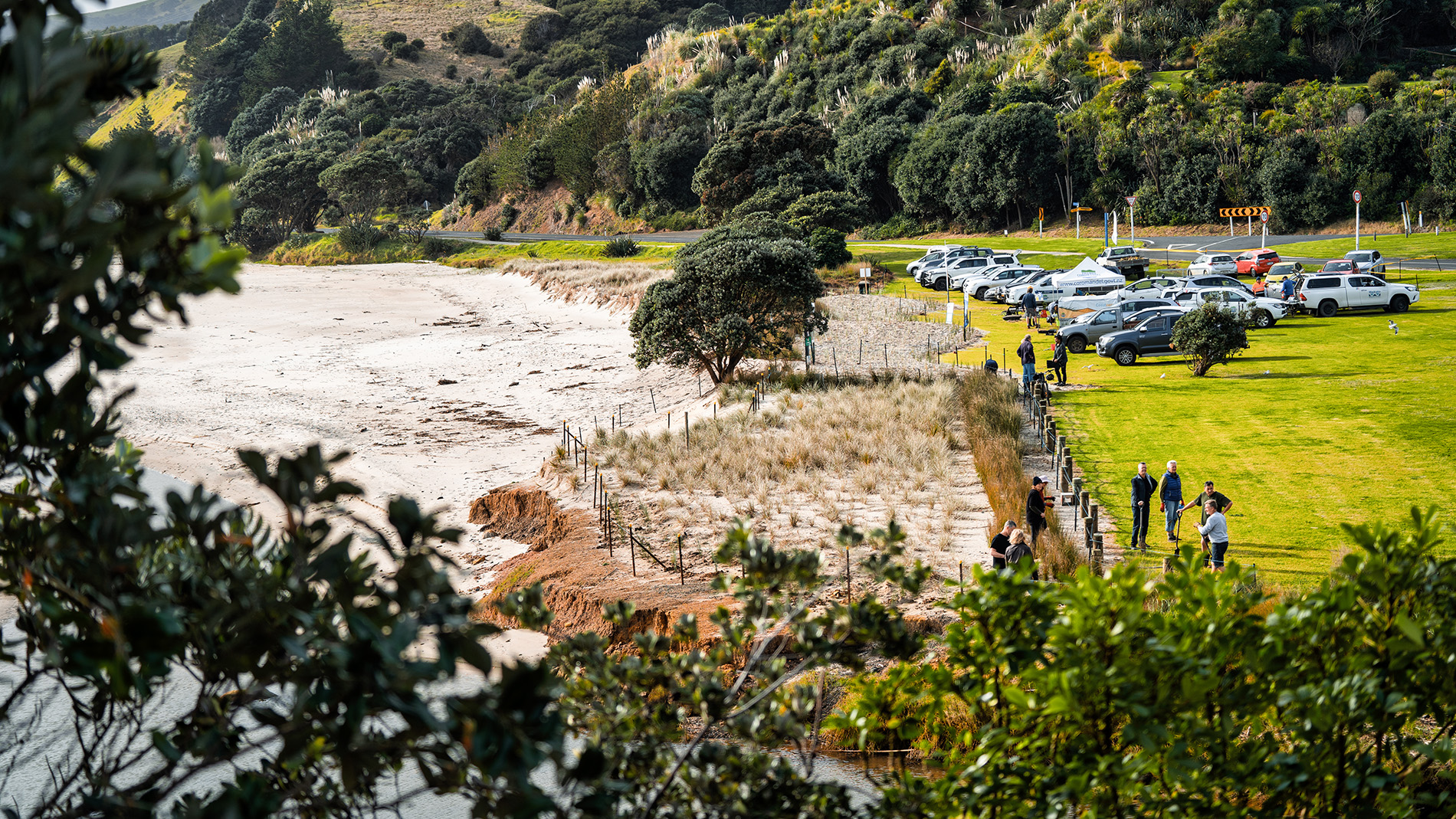
If it matters to you - information for candidates
Every decision made by councillors significantly impacts the lives of Waikato residents, today and for the future. Elected members have the responsibility to represent the interests of all residents and ratepayers in the region, going beyond their immediate constituencies.
Do you have what it takes to sit at the decision-making table of Waikato Regional Council?
Get ready to participate in local elections 2025 for the Waikato region.
To ask for help or report a problem, contact us
Tell us how we can improve the information on this page. (optional)